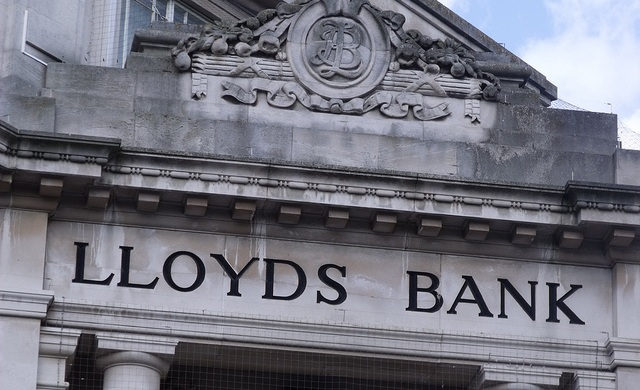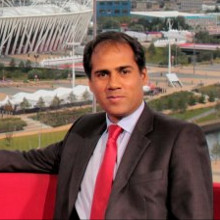The share price of Lloyd’s Banking Group moved from up .01 pence to down .27 pence in the time it has taken to write this sentence. Given Lord Levene’s accusation before the Treasury Select Committee that the Group’s leadership has been “disingenuous” in communicating the facts of Lloyds proposed divestiture of the 632 branches referred to as “Project Verde”, one might expect much more volatility to come.

The broth began to heat up when the during the anticipated acquisition of the Verde branches by the Co-operative Bank when the latter revealed that it could not consummate the deal because of a minor capital shortfall of £1.5 billion.
The broth began to boil – along with Lord Levene’s blood – when Antonio Horta-Osorio and Sir Win Bischoff, Lloyds’ CEO and Chairman, respectively, testified to the Treasury Committee that Lord Levene’s NBNK consortium had bid less for Verde than Co-op had. That was probably a mistake. For one thing, it puts the veracity of Horta-Osorio and Bischoff at stake. At the very least, it casts a shadow of doubt upon the real extent of their leadership of the bank. (Hold that thought.)
To add insult to injury, Co-op has indicated that it had followed instructions from the Financial Services Authority to inform Lloyds that they were in no position to close the deal. This was underscored by testimony from Andrew Bailey, who said, “Towards the end of 2011, we made it clear to them (Lloyds) that it was not clear to us that the Co-op had the ability to transform itself successfully and sustainably on the scale for acquiring the Verde assets. We said all along that Co-op was not in a position to proceed.”
Back now, to the comparative bids of NBNK and Co-op.
The Co-op bid was “£350m up front with a further £400m in real terms over a 15 year period dependent upon the future profitability of the branches which had been acquired.”
The NBNK bid was “£630m-£730m in cash paid in escrow as soon as the sale and purchase agreement was signed and well in advance of completion,” plus, plus, plus. The NBNK bid included up to an additional £50 million dependent upon inclusion of several specific items in the deal and a guarantee to incur no redundancies.
Lord Levene pointed out to the Treasury Committee that “It seems clear that, from the outset, the Verde asset sale process did not proceed in a satisfactory manner. NBNK was the only bidder successfully to meet the timetable set out by LBG at Round 2, so the subsequent extensions in the timetable that led to the inclusion of a Round 2 bid by the Co-op leave a number of unanswered questions.” Following that statement, he listed seven specific questions that may be read in the full text of the document presented to the committee.
Levene concluded his Written Evidence to the committee, revealing that “we have been . . . receiving a number of messages indicating that there had been significant political involvement leading up to the original decision . . . (advising us) that the decision was based on an indication from senior politicians . . . that the Co-op deal was to be the preferred and definitive solution.”
Levene’s testimony has an abundance of documentation that there was fraudulent activity at the highest levels of Lloyds. The responses of Horta-Osario and Bischoff are classic examples of plausible deniability, a variation of the Nuremberg defense, in which the uppermost executives deny awareness of the innermost details of nefarious activity. The technique is successful when there is a (usually intentional) lack of pertinent, documented evidence. In this case, Lord Levene and Andrew Bailey may have taken enough notes adequate to bring the executives – and the share price – of Lloyds down.
Speaking of which, Lloyds share price is now down .36 to 65.50.

 Hot Features
Hot Features













